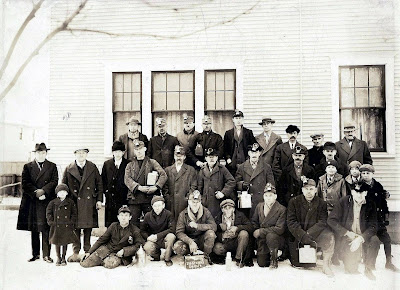 |
Publishing is subjective.
Maybe you've heard that, maybe you haven't. If you're not a writer who's attempted traditional publishing, you may not comprehend those words the same way.
I was cleaning out my email the other day and ventured into a folder called Query 2015. If it was a physical folder, it would be very dusty. I might have even recycled it by now. I don't think I've opened it since late 2015, when I got an agent for Songbird (which at that time was called The King's Creatures).
I sent out well over 100 queries. I'd say 75% of those queries never even got responses. Another 15% said no. The remaining agents requested samples - anything from 5 to 50 pages.
If those pages grabbed them, they would have requested more. Only one did, and I'll talk about that later.
But the rejections for Songbird were so inconsistent it was hard to figure out my next steps.
"Good plot, Couldn't get into the characters."
"Strong characterization, but lacking in plot."
"The Tudors as an era are played out and tired. Can this story be set in another period?"
"The Tudor field is overcrowded. Can you write this in another era?"
"I can't see the settings or costumes. Would be willing to read if you rewrite it in more of a Philippa Gregory style."
"Too much description for my taste."
Is it any wonder that I put it away until fall 2018, because I just couldn't think about it anymore without my head exploding?

.jpg)


